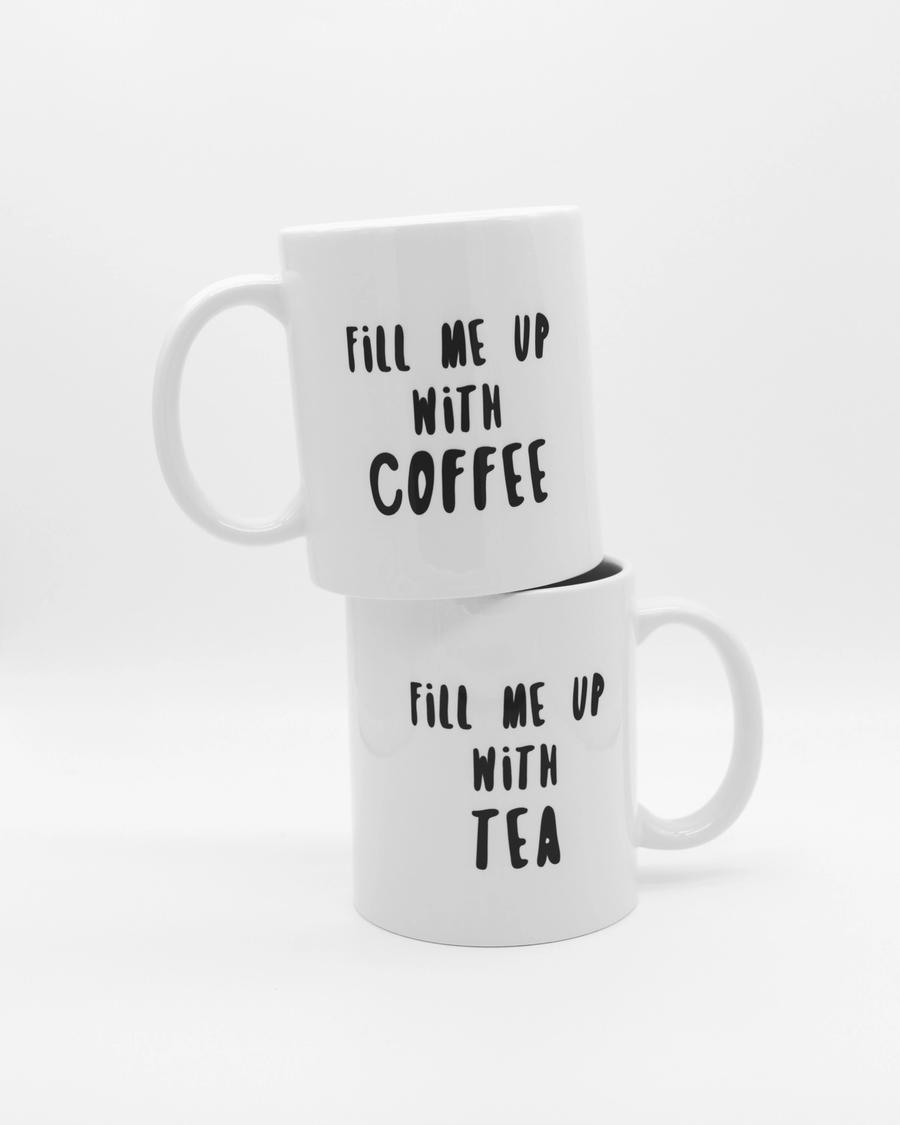
Nymbl creates all-in-one e-commerce platform for users to monetize their creativity through imprinted merchandise
We welcome edits and annotations of all our content. Annotate or edit this article here
With the booming e-commerce market, every retailer aims to have an online presence. A study from Internet Retailer revealed that customers in the US have spent USD 517.36 billion online in 2018, up 15% from USD 449.88 billion spent the year prior. While every retailer wants to set-up an online shop, the whole affair of creating an online store is a tedious process.
For artists, designers and others who like to create cool designs that they hope to monetize through merchandise, there is the additional step of ordering merchandise from a print-on-demand supplier, storing the inventory, shipping it etc.
Nymbl, a Wyoming startup, comes to the rescue by simplifying this process of launching online platform, printing-on-demand, as well as managing customer support for selling their imprinted merchandise.
Nymbl leverages its proprietary e-commerce CMS and software technologies which it claims can take any online artwork and automatically convert it into a merchandise store via an API. The company has free installation and a quick sign-up process. It further claims that sellers can have an e-commerce site up and running in less than 30 minutes.
“We’ve created an automated, print-on-demand model that allows anyone anywhere to create and sell custom products with extreme ease and without any upfront costs,” said Zac Folk, founder and CEO, in an interview with Wyoming Business.
"Without Nymbl, printing and shipping custom products requires several disjointed processes. First, customers must upload a design and create mockups. Then, they typically guess on a quantity and order the products to be made and shipped to their own home or office. Then, they must store, resell and reship the products themselves. Nymbl brings all the processes into one seamless product, from creating mockups to selling on our e-commerce platform to automated fulfillment and shipping. That’s the secret sauce,” he added.
Nymbl was founded by Zac in February 2015. Zac had earlier founded CommonThreadz, an NGO that provided school uniforms to orphaned students in South Africa. While working for his NGO, he used a mix of different technologies to create his own automated tools, which later took the shape of Nymbl.
Nymbl has developed an automated product image mockup system, a web page builder tool, and an all-in-one solution for print-on-demand market. Nymbl also takes care of hosting the website, fulfilling orders and taking care of customer support. In short, Nymbl is a combination of Squarespace, Printful, and Shopify - all in one box.
While retailers are key customers for Nymbl, it also helps entrepreneurs, athletes, influencers, artists, small businesses, musicians, sports teams, schools, and photographers to open an online store with customised apparel and merchandise without worrying about inventory, technical know-how for web design, mock-ups or the expertise to assemble various components into a successful store.
In July 2019, Nymbl expanded into Europe by collaborating with apparel printing company, Printsome. Printsome will integrate Nymbl with an in-house creator tool to quickly let a consumer design a piece of apparel and order a small quantity without the setup expense required by its B2B offerings. It also wants to help its customers with an instant shop that overcomes technical obstacles to sell print-on-demand products.
Earlier this year, Nymbl closed a pre-seed round, including USD 100,000 from City of Casper's Breakthrough 307 fund, a USD 50,000 grant from the Kickstart (a Wyoming program) and several other angel investors. The company plans to utilise funds for hiring additional staff to expand the company's reach. In Oct 2018, Nymbl had raised USD 275,000 in pre-seed round by undisclosed investors. Earlier, in Jan 2018, it had raised USD 80,000 from undisclosed investors.